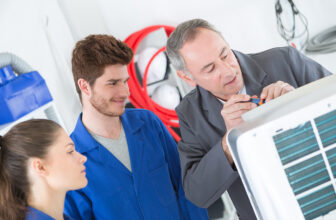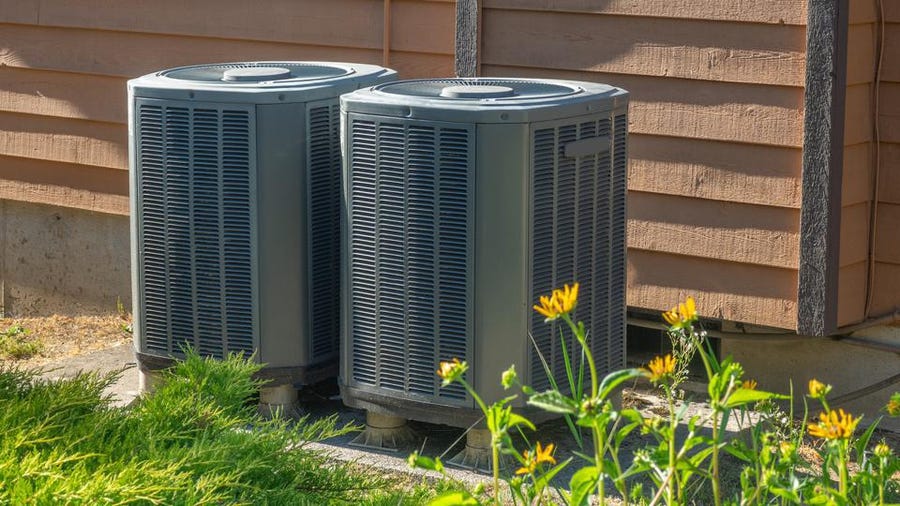
Are you letting your HVAC system’s maintenance fall by the wayside? Don’t ignore the pressing need for regular tune-ups and repairs.
Boost efficiency, save money—and avoid costly breakdowns—by staying on top of your HVAC maintenance plan. You don’t want to regret neglecting it.
Table of Contents
The Benefits of Regular HVAC Maintenance
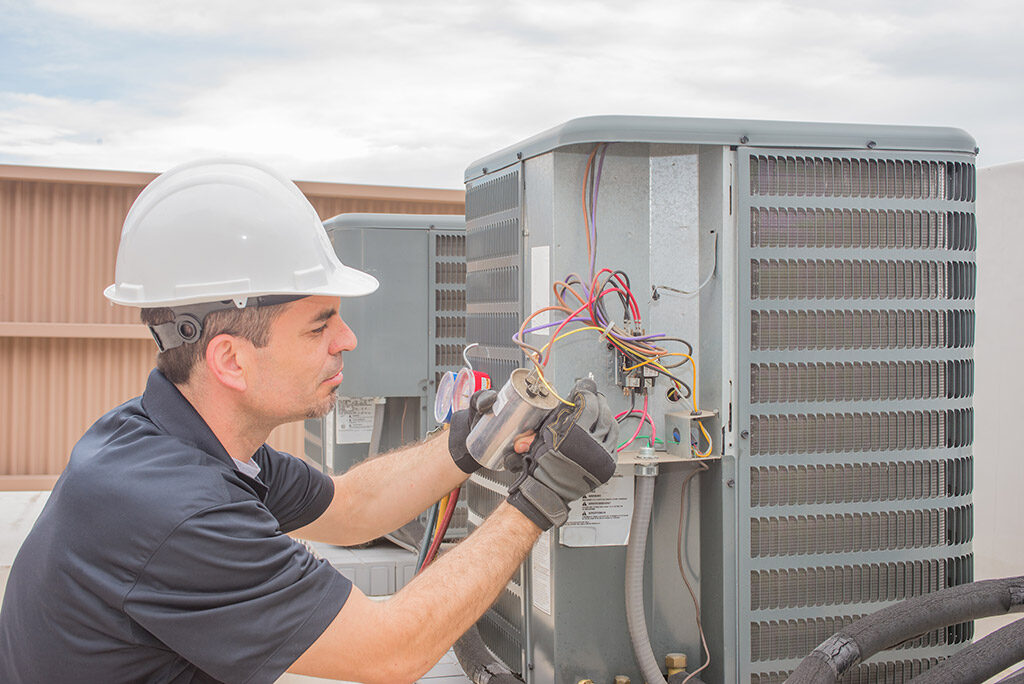
Source: onehourairftworth.com
Regular maintenance of your HVAC system is one of the best ways to keep it functioning properly and efficiently. Not only will it help reduce operating costs, but it can also increase the life of your equipment, circulate cleaner air in your home, prevent unexpected repairs, and improve energy efficiency.
Scheduling routine HVAC maintenance with the best HVAC service Aurora CO will ensure that your system is working properly by running a series of tests to assess the air quality, inspecting each component for potential issues, and tightening loose parts. This type of preventative maintenance helps make sure that your system is running safely and efficiently while avoiding common problems that could result in additional costly repairs down the line.
Additionally, regular maintenance allows technicians to catch potential problems before they become bigger issues, which can help save you money on costly emergency repair services. Most service providers will offer a discounted plan that covers two tune-ups per year. With these plans, many components are inspected or replaced if they are found to be outdated or worn out prematurely due to wear and tear from age or from poor maintenance practices.
Potential Problems from Neglecting HVAC Maintenance
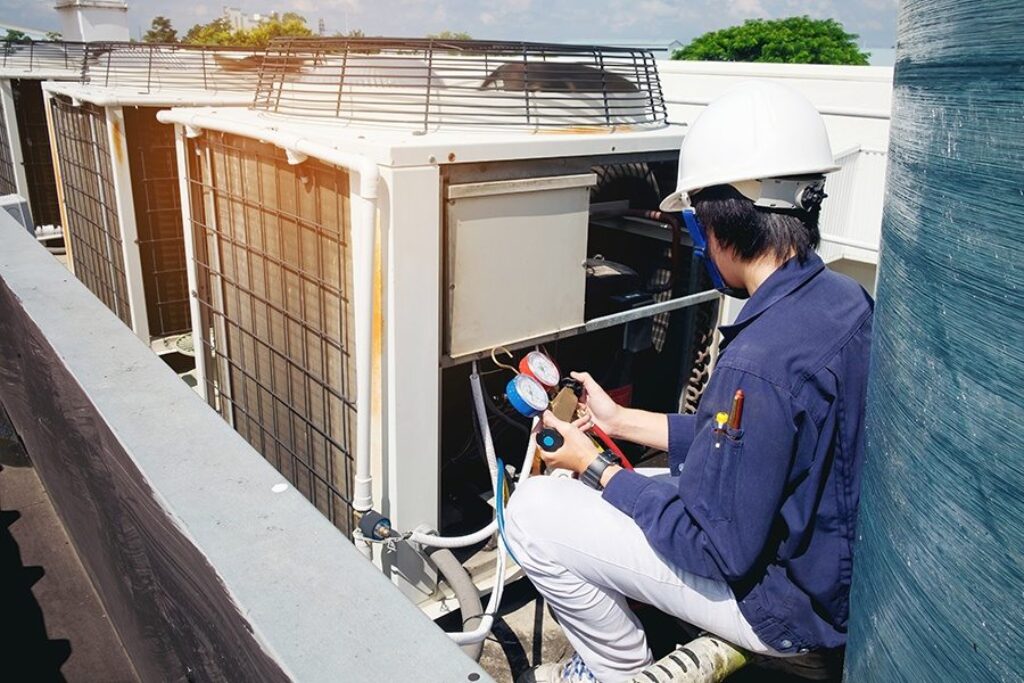
Source: jenningsheating.com
Consider the following potential problems that can occur without regular maintenance of your HVAC system:
1. Reduced Efficiency
Neglecting or delaying maintenance of your heating and cooling system is certain to cause it to lose its efficiency, resulting in higher energy costs for you. By ensuring the air filters are recently replaced and all other components in the HVAC system are cleaned, inspected, and adjusted, you can guarantee maximum efficiency from your unit.
2. Increased Number of Breakdowns & Repairs
A well-maintained HVAC system means fewer trips by a professional electrician or technician as it typically runs more smoothly and requires fewer repairs than a faulty one would. Without periodic service visits by an electrician or technician, there is an increased likelihood that minor issues with the unit could turn into bigger problems down the line – resulting in expensive repairs when an issue arises.
3. Early Replacement
Historically, neglected HVAC systems have had much shorter lifespans than those regularly serviced and inspected by professionals; meaning those who put off maintenance on their units may need to plan for earlier replacement costs than if they had taken appropriate measures before developing any major issues with their systems could have occurred in the first place.
The Cost of Not Maintaining Your HVAC System
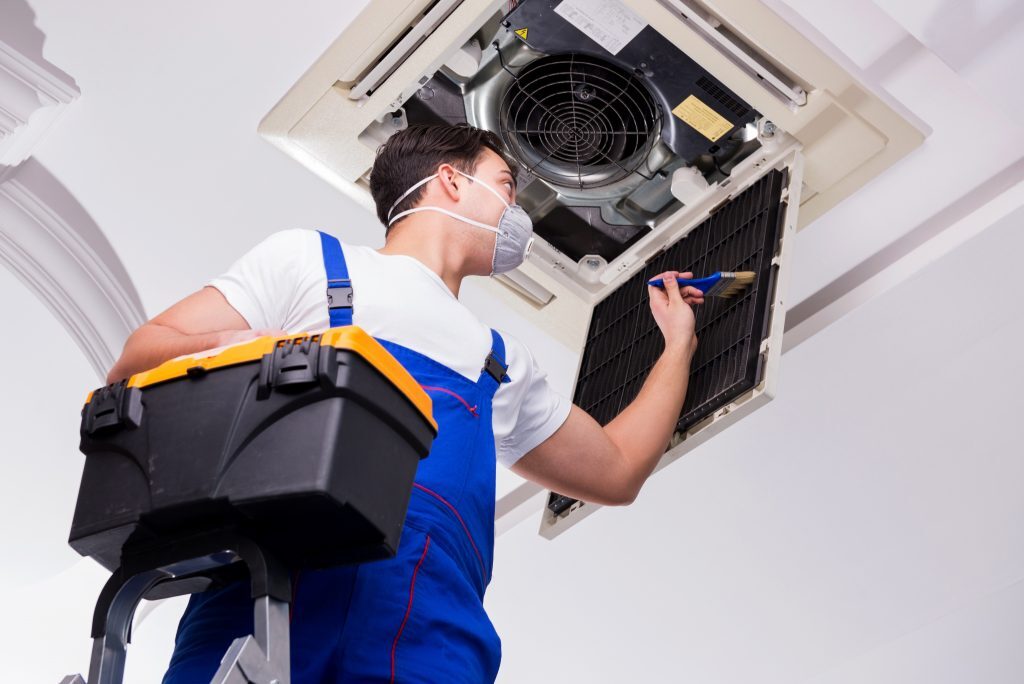
Source: augustaairconditioning.com
Not only do you risk having a mid-summer breakdown of the system, potentially leading to an uncomfortable and costly repair, but you also run the risk of being hit with high energy bills as the system works harder to keep your home comfortable without regular maintenance.
The importance of regular service visits can’t be understated as they help keep your AC and furnace running efficiently. Neglecting system maintenance means higher bills or future repairs, but if you have your HVAC regularly serviced and maintained, you should see a lower energy bill due to properly working systems.
It’s easy to forget the importance of preventative maintenance on HVAC systems, especially when we tend to think about them mostly in terms of comfort. This critical equipment maintains air quality throughout our homes which plays an important role in keeping our health safe from indoor pollutants like dust and allergens which can worsen asthma symptoms or trigger allergies in some people. Furthermore, proper maintenance ensures that all heating/cooling components are functioning as designed for optimal efficiency so that replacements aren’t necessarily too soon.
How to Tell if Your HVAC System Needs Maintenance
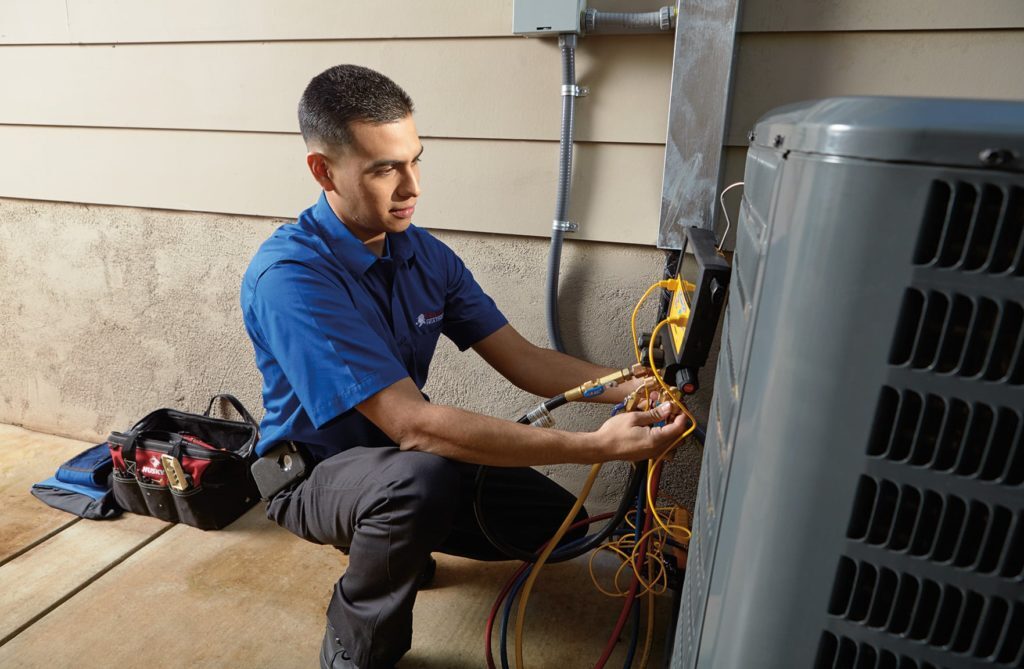
Source: sherlockair.com
There are several signs that indicate something is off with your HVAC system. Keep an eye out for any of the following indicators that point to a malfunctioning HVAC:
- Strange noises coming from the unit during operation;
- Unusual smells coming from the furnace;
- Strong musty smell coming from air vents when the A/C turns on;
- The dramatic change in temperature not caused by changes in outdoor conditions;
- Poor airflow or no airflow at certain times;
- An unusually high electric bill or higher cost for fuel materials.
If you’re experiencing any of these issues, it’s time to call in an HVAC technician for professional maintenance and repairs. Specifically, routine tune-ups should be scheduled once a year to help extend the life of your unit and save money on costly repairs.
Common Maintenance Tasks to Perform
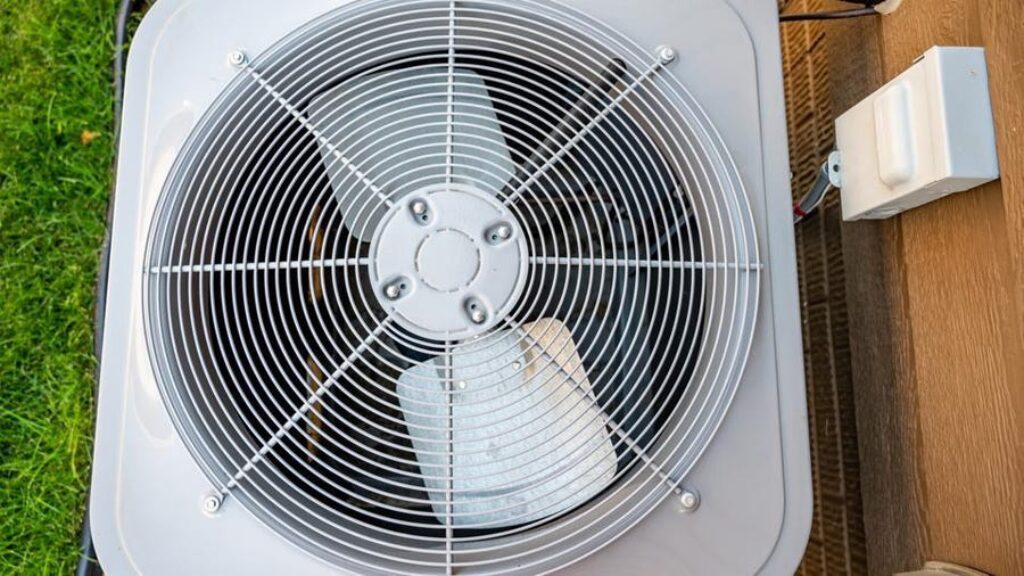
Source: forbes.com
To ensure the long-term operation of your HVAC system and decrease the likelihood of unwanted surprises due to lack of upkeep, make sure that the following maintenance tasks are performed on an annual basis:
–Clean or replace air filters as needed – A dirty filter prevents the flow of clean air; therefore, it’s essential to check filters every month and replace them when necessary. Doing so will ensure maximum airflow and reduce wear on equipment such as fan motors.
–Check the refrigerant levels – Refrigerant keeps components such as compressors in optimal condition by supplying them with the necessary amount of coolant. To maintain operating efficiency levels, inspect refrigerant levels regularly— around once a year —to determine if a refill is necessary.
–Inspect electrical components for signs of corrosion or wear – Corrosion occurs over time due to oxidation caused by prolonged exposure to water vapor; wear is caused by natural friction between different parts over time. As part of preventive maintenance measures, inspect compressor motor windings for cracking or other evidence of wear; check electrical connectors for burn marks; use a digital multimeter to measure the voltage at all electronic control points; look out for loose screws and other signs of distress in key areas.
–Lubricate moving parts – Proper lubrication helps to reduce wear on metal components while also keeping them cool enough to maintain peak operating temperatures during high-demand days – especially during summer months when AC systems are most heavily used in home settings. Use only nonconductive oils or lubricants specifically designed for HVAC systems when adding or refilling supply lines.
Conclusion
The cost of neglecting your HVAC system can be very costly. Regular maintenance and inspections help to ensure that the system is running properly and efficiently, helping you avoid expensive repairs later on. Furthermore, investing in regular maintenance can also save you money in the long run by increasing energy efficiency and extending the life of your HVAC system. By taking preventive measures now, you can avoid a world of problems down the road—and save yourself some money along the way!





